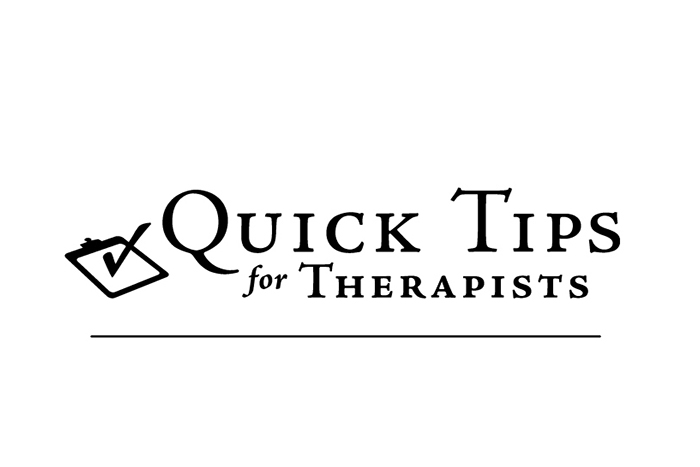By Colleen Ehrnstrom, PhD, ABPP and Alisha L. Brosse, PhD
Whether your clients have been furloughed or are working overtime (on the front line and/or at home), it’s likely that their sleep schedule and habits have been affected by the global pandemic. Stress and anxiety may also be taking a toll on their sleep.
Here are a few ideas for helping your clients get more restorative sleep during these uncertain times:
1. Ask your clients how they are sleeping. Many will not think to bring this “physical” issue into therapy.
2. Normalize rather than pathologize. Clients without preexisting sleep disorders can likely get their sleep back on track with a rather simple sleep hygiene program. You can help them avoid an insomnia spiral by educating them about their body’s innate ability to self-correct. If they’ve started taking a sleep aid, work with the prescriber to make sure they don’t stay on it for long.
3. For clients with chronic insomnia who are largely homebound, this may, counterintuitively, be the ideal time to employ behavioral programs like stimulus control therapy (SCT) and sleep restriction therapy (SRT). They may have more control over their schedule. They may not have to drive much, allowing them to more safely tolerate the daytime sleepiness most people experience early in these programs. And, if they have increased demands on their time (e.g., childcare, homeschooling, helping more vulnerable family members), they may already be restricting their time in bed. You can help them do this in a structured way as part of an SRT program.
4. Target cognitive and physiological hyperarousal. We are making heavy use of designated worry time in our practices. We’re also prescribing less time consuming the news and more time engaging?in life-enhancing activities.
5. To increase motivation for healthy sleep practices, this may be an especially good time to highlight the fact that restorative sleep improves immune function as well as emotional resilience. Just be careful not to emphasize this with clients who are overly anxious about their sleep deficit.
Colleen Ehrnstrom, PhD, ABPP, is a licensed clinical psychologist who specializes in acceptance and commitment therapy (ACT). She is board certified in cognitive behavioral therapy (CBT), and works in the family program at the Department of Veterans Affairs in Denver, CO.
Alisha L. Brosse, PhD, is a licensed clinical psychologist who specializes in behavioral therapies for a wide range of presenting problems, especially sleep, mood, and anxiety disorders. She operates a private practice in Boulder, CO, and directs a bipolar specialty clinic at the University of Colorado Boulder.



 2024 Peace Playbook: 3 Tactics to Avoid Clashes with Your Partner
2024 Peace Playbook: 3 Tactics to Avoid Clashes with Your Partner